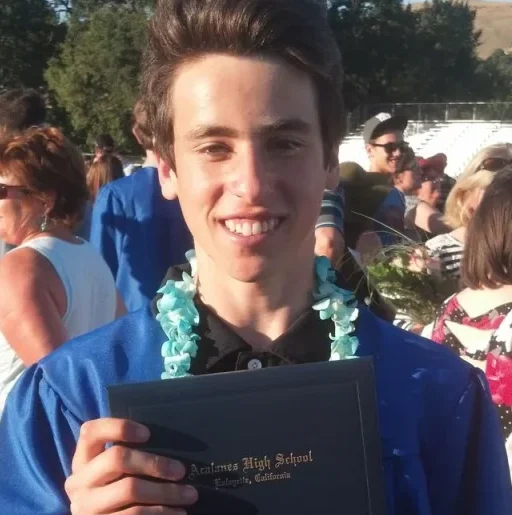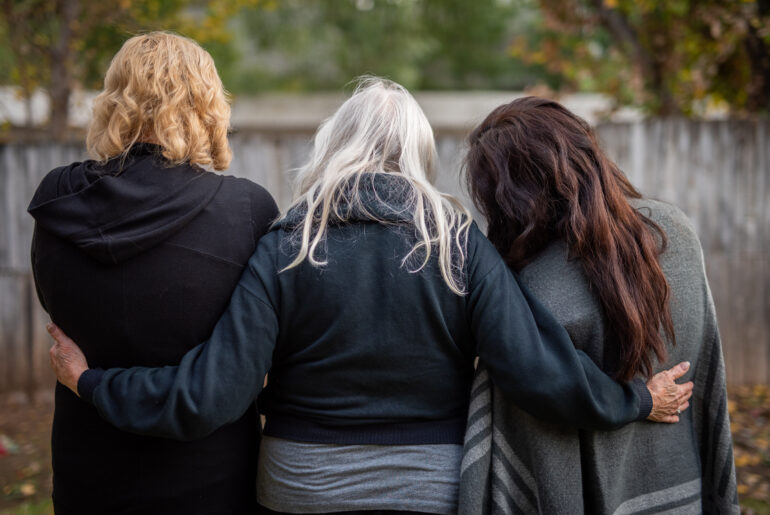“We must all work together to end youth homelessness in America.”
Charity Matters: Tell us a little about what A Safe Place For Youth (SPY) does?
Alison Hurst: Homelessness is our number one crisis in LA County. We created a one-stop-shop where young people who are experiencing homelessness or are at risk of homelessness come and access to a whole array of services to assist them while they are homeless and also assist them getting out of homelessness and into stability.
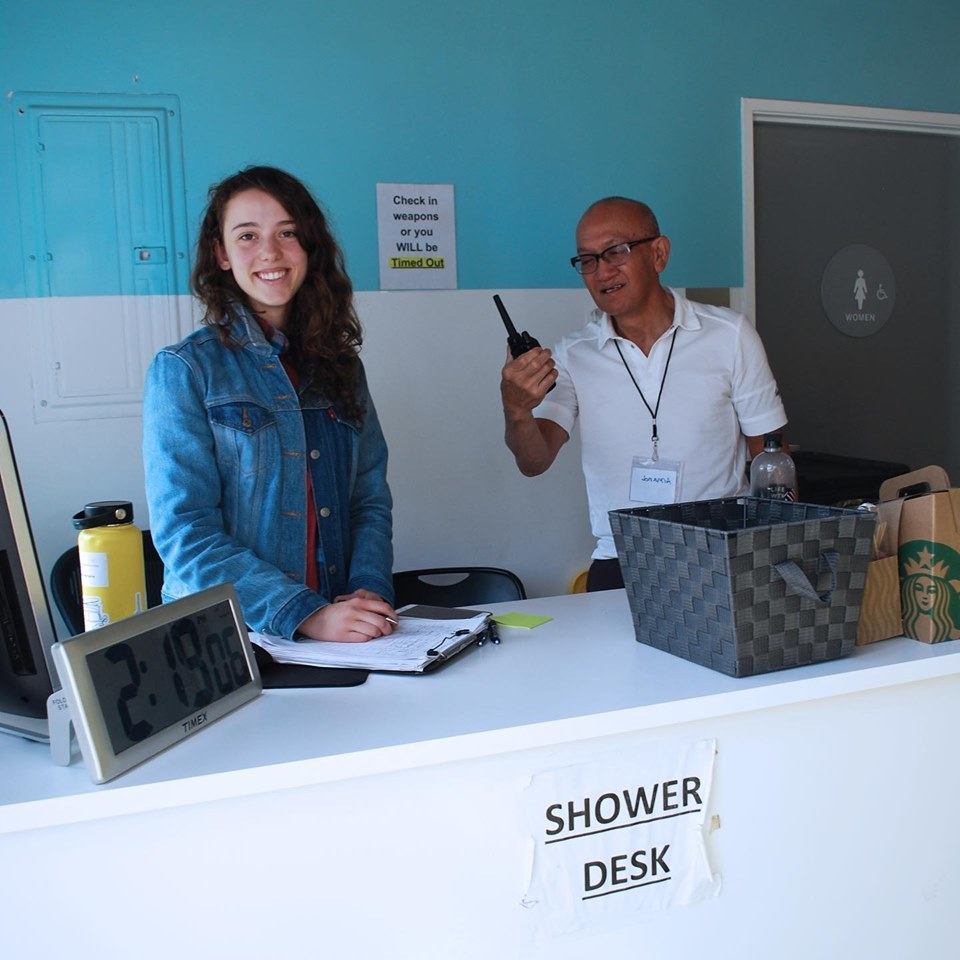
We provide all of the services one would need including; education, employment, health and wellness services, housing and case management services and of course a sprinkle of fun stuff because young people need fun stuff like our healing arts program which provides music, art, poetry, meditation all ways to lure our young people into our services because young people need different things. All of this is topped off with really awesome food, access to showers and clothing. Today we have nine comprehensive programs that make up our continuum of care. All of our programs weave together to meet the different needs of the young people we are serving.
Charity Matters: What was the moment that you knew you needed to act and start SPY?
Alison Hurst: There wasn’t one moment but rather a series of moments. The initial moment was in 2008 when I would take my son to the skateboard park in Venice Beach and see all of theses disconnected kids at the beach, which were actually sleeping on the streets. I’m from London, where we didn’t have a large population of homelessness, but when I came here to Venice Beach and then Hollywood I realized that we had a massive problem with youth homelessness and we didn’t have many resources here on the Westside of Los Angeles. That was the initial spark.
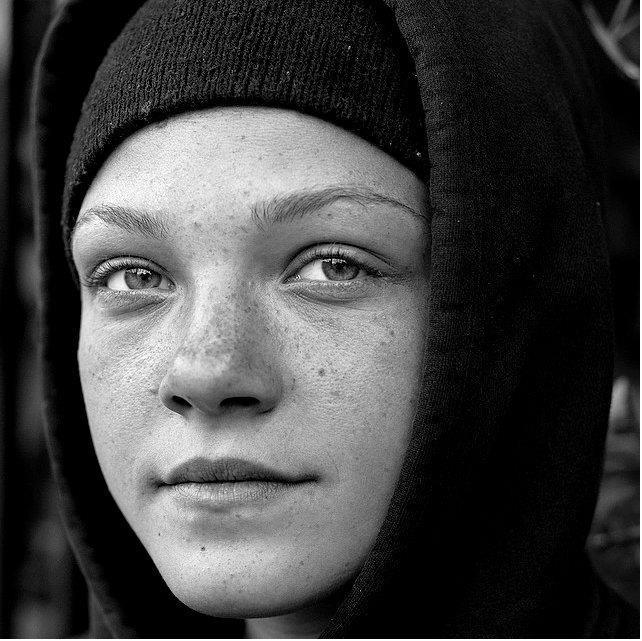
When I met with other nonprofit organizations that were working with the homeless population, I realized that people just didn’t seem to know what to do with the unhoused youth. One of the other initial sparks was when I realized that even the other social service providers didn’t know how to meet the needs of the young people and that they didn’t believe that they wanted the same kind of resources. Even the old Federal policies entitled “Runaway homeless youth” which placed blame on the youth. These youth didn’t run away, they were tossed out and thrown away, neglected and abused.
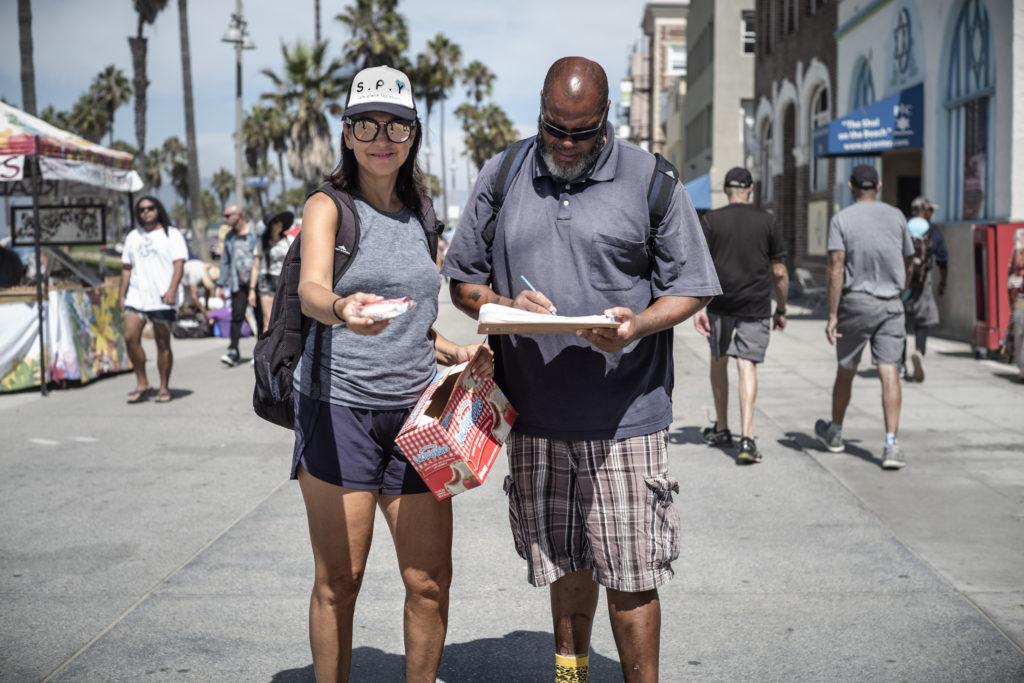
In learning all of this, I immediately began handing out food packs to these kids on Venice Beach with a bunch of volunteers and realized once I got engaged with the youth that there was literally nothing that separated these kids from the kids in my normal everyday life, other than the fact that they had nowhere to live. The system had colossally failed them over and over again. The epiphany was that I became super engaged in the cause and I thought I could impact that cause by handing out food and very quickly realized that was not enough and started to build the program.
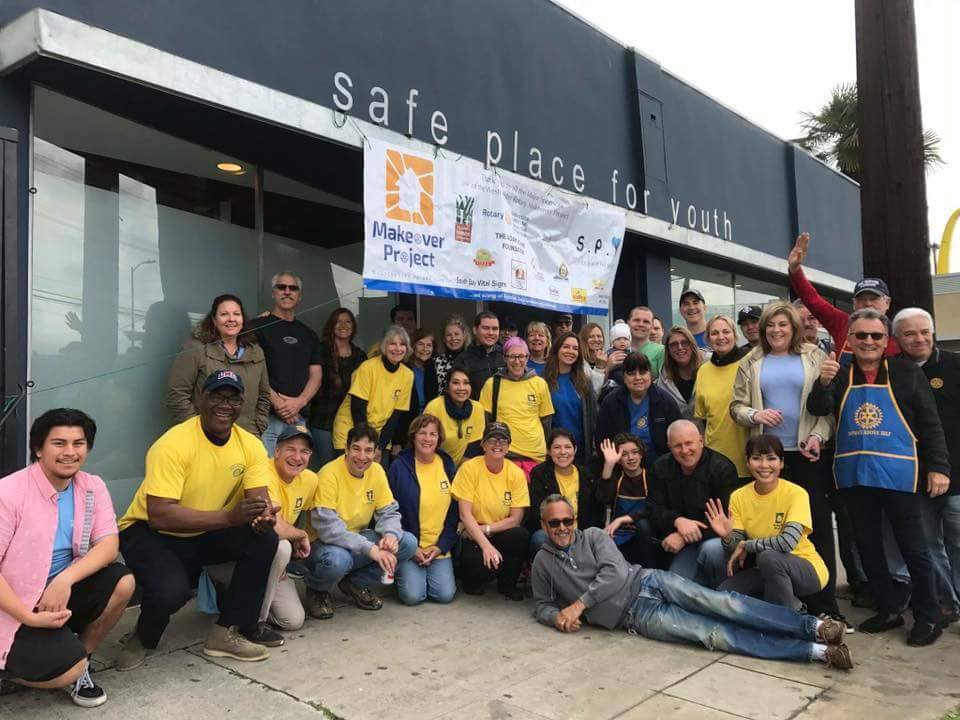
In the last eight years, we have become the leading provider for homeless youth on the westside. We now have a staff of 59 and eight years ago we had zero staff and a handful of volunteers and today we have hundreds of volunteers. While our growth is great the fact remains that more young people are falling into homeless than any other demographic and by young we mean ages 12-24. When we started SPY it was literally to meet the needs of hunger and then as our expertise grew so much of this became around policy change. We have worked with local businesses, government, individuals and the community to help us to be a part of the solution.
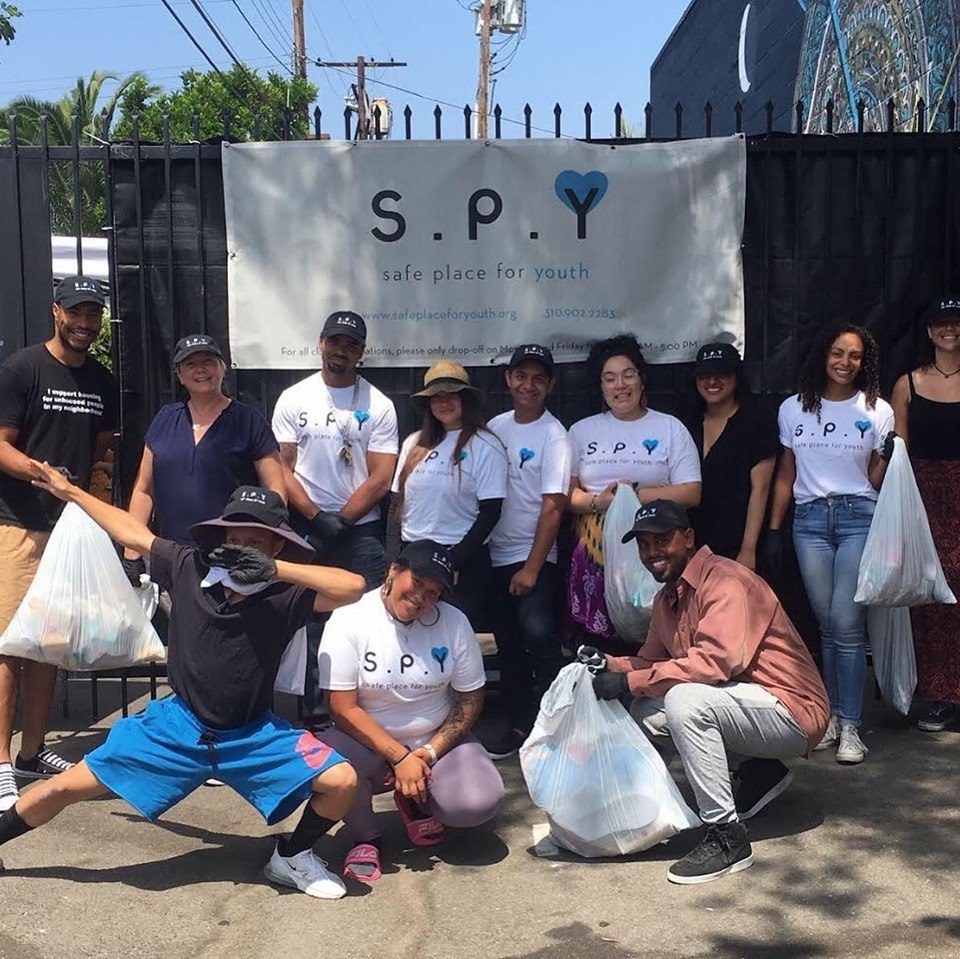
Charity Matters: What are your biggest challenges?
Alison Hurst: The biggest challenge we currently have is fighting the housing project that we are trying to expand. While having almost 60,000 folks residing on our streets has increased so has the neighborhood opposition to siting any kind of housing program. Through Measure H and HHH, there are resources provided to build more crisis and critical need housing. The opposition from the community is being slowed down by neighbors’ opposition to all of these projects.
Having access to general housing funding is top of mind always but getting neighborhood buy-in on the two very large projects we are involved in, one is a 54-bed shelter for youth homeless shelter. We have never had a youth shelter ever which will transform the landscape and we continue to face enormous opposition. The second project is a 40 unit development that we will be operating. We have one hundred youth a day currently walking through our doors and we haven’t had any opposition but with these projects, we have had a lot. There is a lot of NIMBY or not in my back yard.
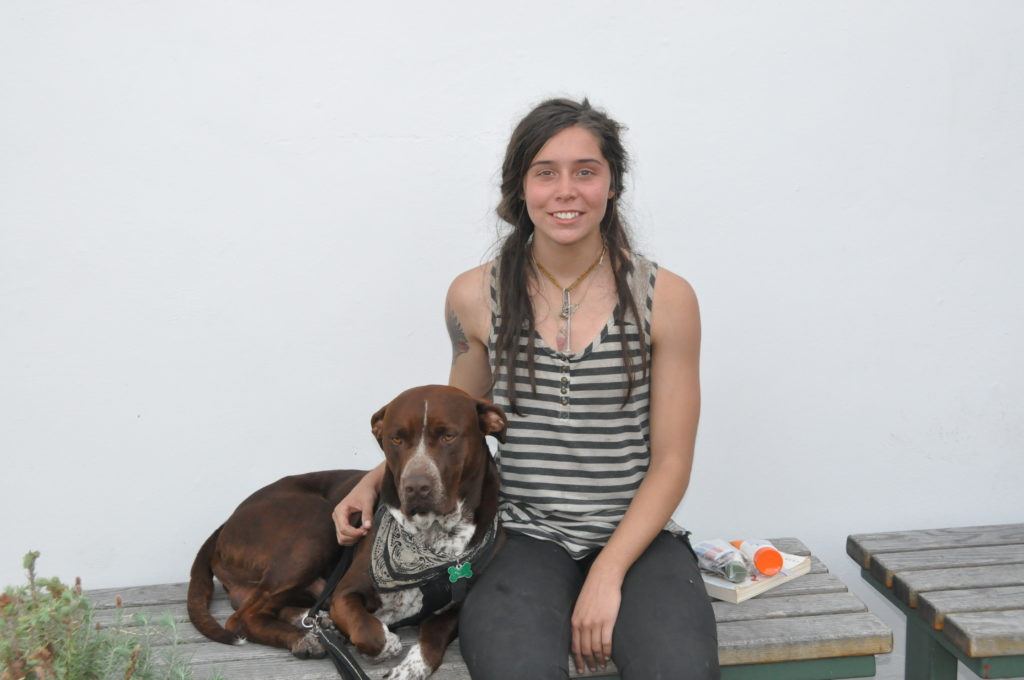
There is a lot of fear and shame. the shamefulness of what we have when there is so much unbelievable wealth all around us. So the shame that comes with recognizing the levels of poverty and drivers of homelessness. Rather than letting that shame motivate you to do something, it becomes a fear of others. I think it is much easier to write people off if we think that they are different from us. The truth is there is very little that separates us and once you come face to face with homelessness you can not deny the commonality between us.
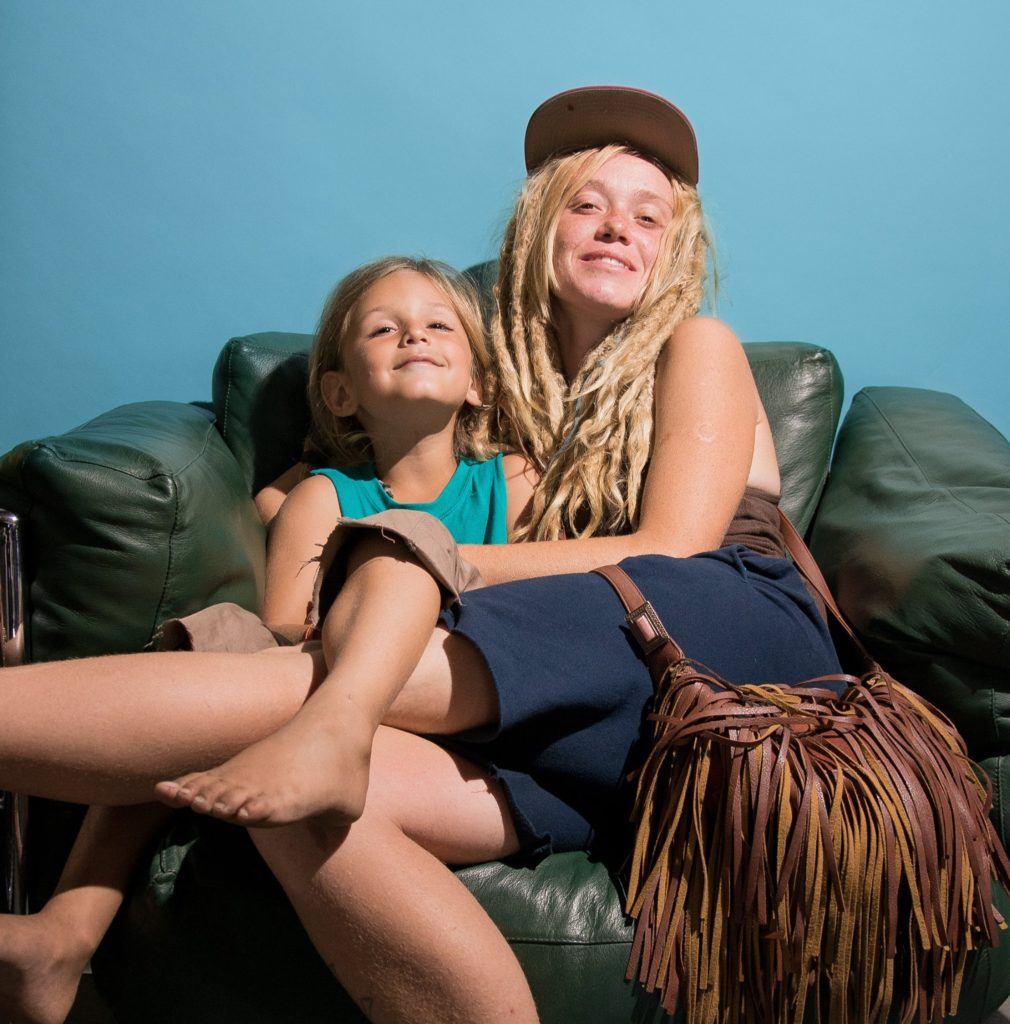
Charity Matters: What fuels you to keep doing this work?
Alison Hurst: The young people we serve. I regularly feel that I am pushing a boulder uphill. As you grow your budget gets squeezed and there isn’t always funding. What drives me is that I have to stay connected with the young people we serve. Every member of our team, myself included, spends a portion of their time in direct service with the kids to stay connected to the work. I have to be apart of the work so I don’t make decisions that are not based on reality.
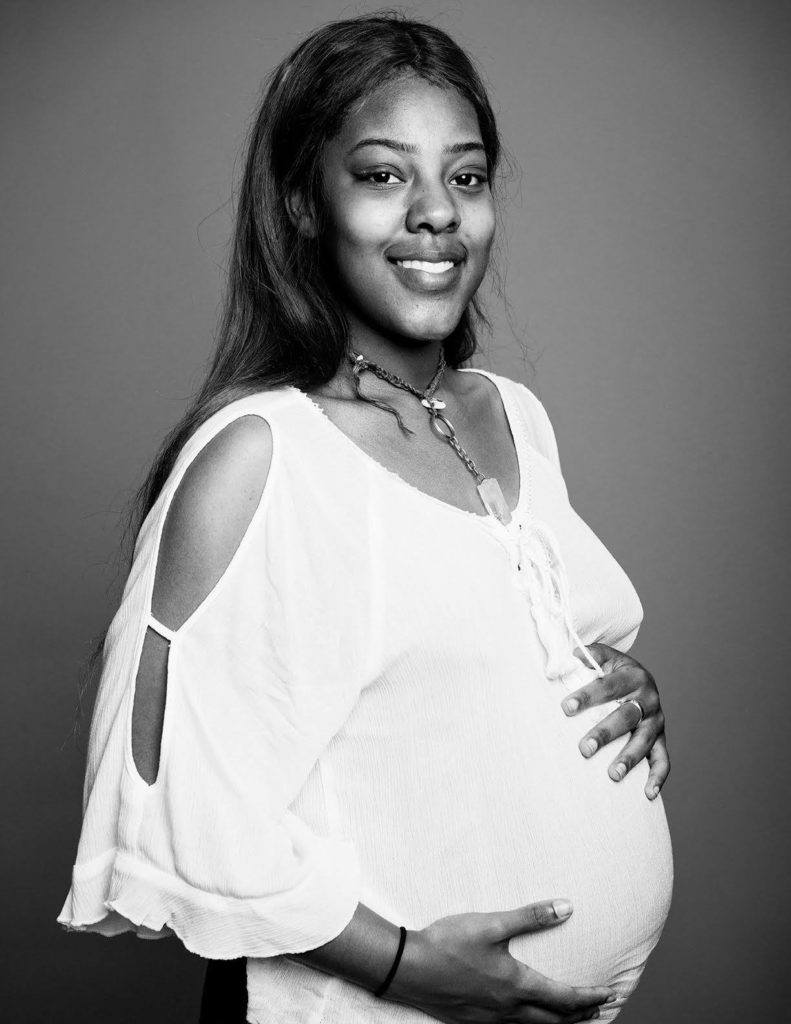
Charity Matters: When do you know that you have made a difference?
Alison Hurst: When we moved into housing. We had one housing program that we launched last year. We were literally placing young people in the spare bedrooms of community members and we were the first agency in LA to do that. In February of this year, we launched into a transitional housing program and to me, that felt monumental. For years we didn’t have anywhere for these kids to go and nothing to offer but love and connections to resources but now for the first time we at least have 20 young people safely off the streets. We are getting ready to launch a third program for young pregnant homeless youth and families.
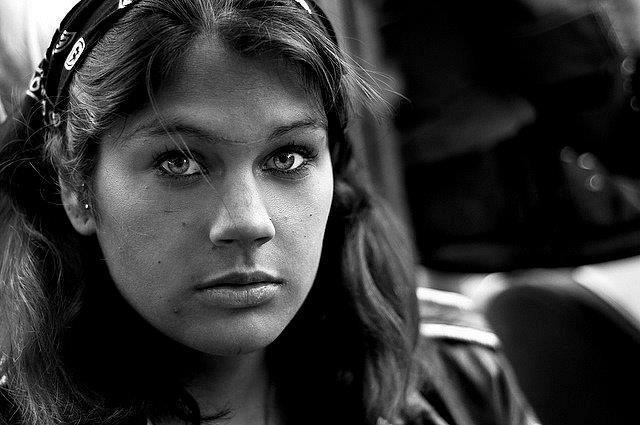
Charity Matters: Tell us a little about what success you have had and the impact you have made with SPY?
Alison Hurst: I think there is a combination of things that make us feel that we have had success. From the number of young people, we have moved safely off the streets, which was 127 last fiscal year and I think the number of young people that we have connected to education and employment. Because the two things are absolutely dependent on each other. Over one hundred youth that were connected to education and employment and the additional 127 who are off the street. At the same time we served 1,400 youth and we still have a long way to go. The annualized national number of youth homelessness is around 10,00 young people between the ages of 12 and 25.
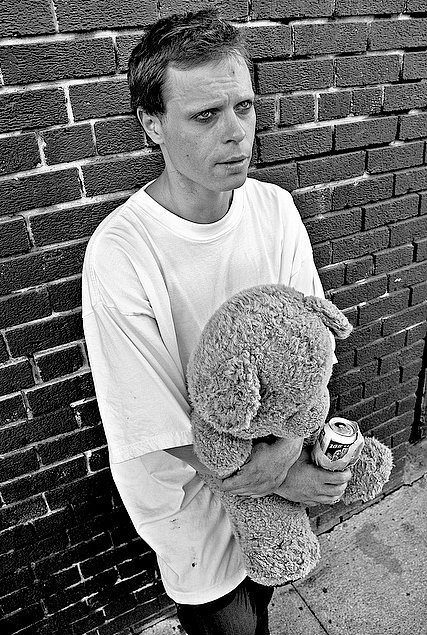
Charity Matters: If you could dream any dream for SPY what would that be?
Alison Hurst: I would dream that we would continue to grow our housing resources and add an additional transitional housing program, that we would execute on our Venice Beach bridge housing project. That we can continue to be the first in the class agency that provides a hopeful, safe space for young people to access services and wonderful place that provides employment opportunities for people who want to be a part of the solution as well as a wonderful place to work.
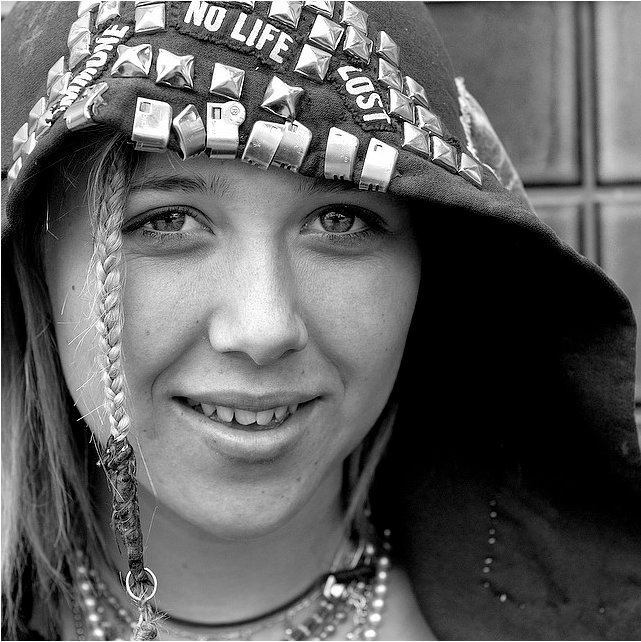
Charity Matters: What life lessons have you learned from starting this organization?
Alison Hurst: The learning curve was SO steep and SO challenging, it feels like being in a Master’s program for the past eight years. I left school at 15 and have never been back. I don’t have a Ph.D. or a fancy degree and never in a million years did I think that I would be here. I learned early to always hire people smarter than you. More than that SPY is all based on relationships, connection, community, and our youth members. Everything we do is about creating connections and community for everyone involved. We would be nothing without all of our community partners. Power in the change happens when you bring everyone to the table.
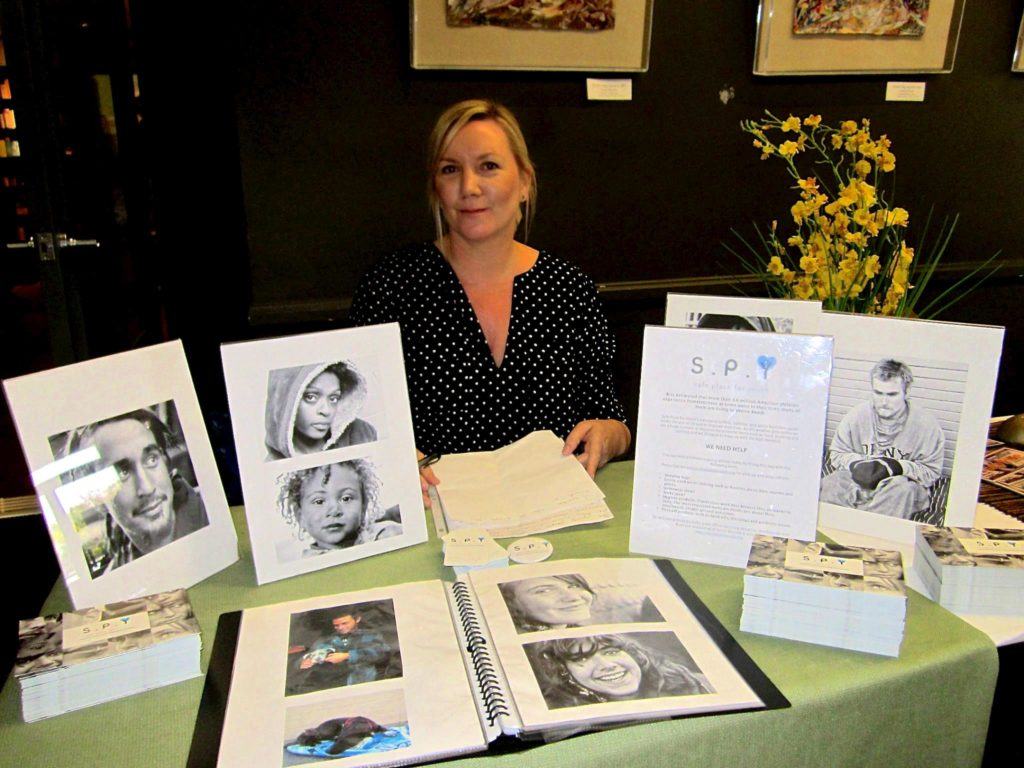
Charity Matters: How has this journey changed you?
Alison Hurst: I think this journey has impacted me the most in my level of listening and understanding around poverty. I am a much more serious person than I was before because a huge weight has been put on me. I am a much more focused person than I ever was which motivates me. This work never ends it is 24/7 but I am fearless, absolutely fearless and I never stop. SPY is all about light and love and I am not afraid to use the word love, it is the underpinning of everything we do.
Charity Matters
If you are so inspired feel free to pass this along. Who doesn’t love to hear about all the good in the world? You will make someone’s day!
Copyright © 2019 Charity Matters. This article may not be reproduced without explicit written permission; if you are not reading this in your newsreader, the site you are viewing is illegally infringing our copyright. We would be grateful if you contact us.



